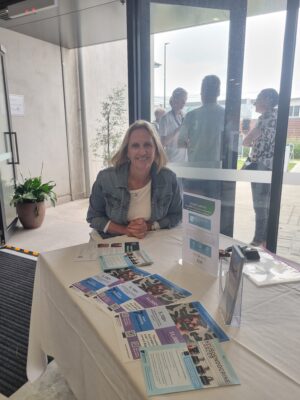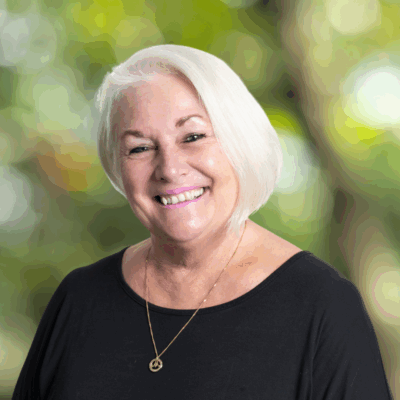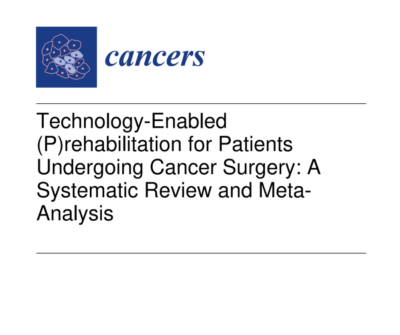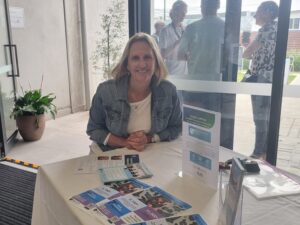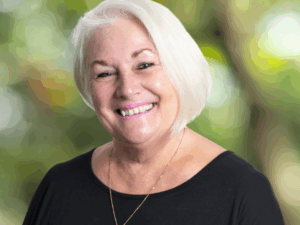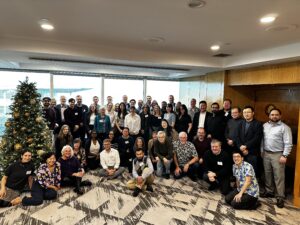
NeuroEndocrine Cancer Australia are proud to be part of the much anticipated AUSNET trial. Professor Ray Chan, Director of Flinders University’s Caring Futures Institute who leads the trial says “Our trial is a world first and the knowledge generated will inform health care policy to completely transform the way people with neuroendocrine cancer, and other rare cancers in the future, are cared for”.
The AUSNET trial will establish the effectiveness of a shared-care model, shifting follow-up care for those with NETs away from acute hospital settings and maximizing the involvement of local health professionals, including the patient’s GP. This will involve 504 people currently receiving treatment for NETs at five cancer centres of excellence in South Australia, New South Wales, Victoria, Queensland, and Western Australia.
The model will treat patents away from specialist cancer centres which in turn can reduce the need to travel and incorporate more of a multidisciplinary approach by including the patient’s specialist team, general practitioners, practice nurses and community allied health practitioners. Shared care models have been seen and implemented in multiple other cancer streams including breast cancer, colorectal cancer, prostate cancer, and lymphoma, although this will be the first trial seen and implemented in neuroendocrine cancer in Australia and worldwide.
The AUSNET trial has already started recruiting in South Australia and Victoria with other states to follow shortly. The information gathered from this trial will not only inform future health care policies, but it will ultimately change the way neuroendocrine cancer patients are treated and the care they are provided with a multidisciplinary approach. For more information on how you can take part refer to NECA’s Clinical Trial page here.
The trial includes our very own full time Neuroendocrine Cancer Australia NET specialist nurse Dana Hart who will be working collaboratively with a NET nurse from each site in a nurse-led clinic, and then a case conference with the patient’s GP, practice nurses, and any allied health professionals which are involved in the patient’s care to work together to ensure the best possible care is provided to the patient.
We cannot wait to see what is in store for the trial and are eagerly awaiting to see what improved outcomes arise in patients with neuroendocrine cancer and the treatment they receive.

